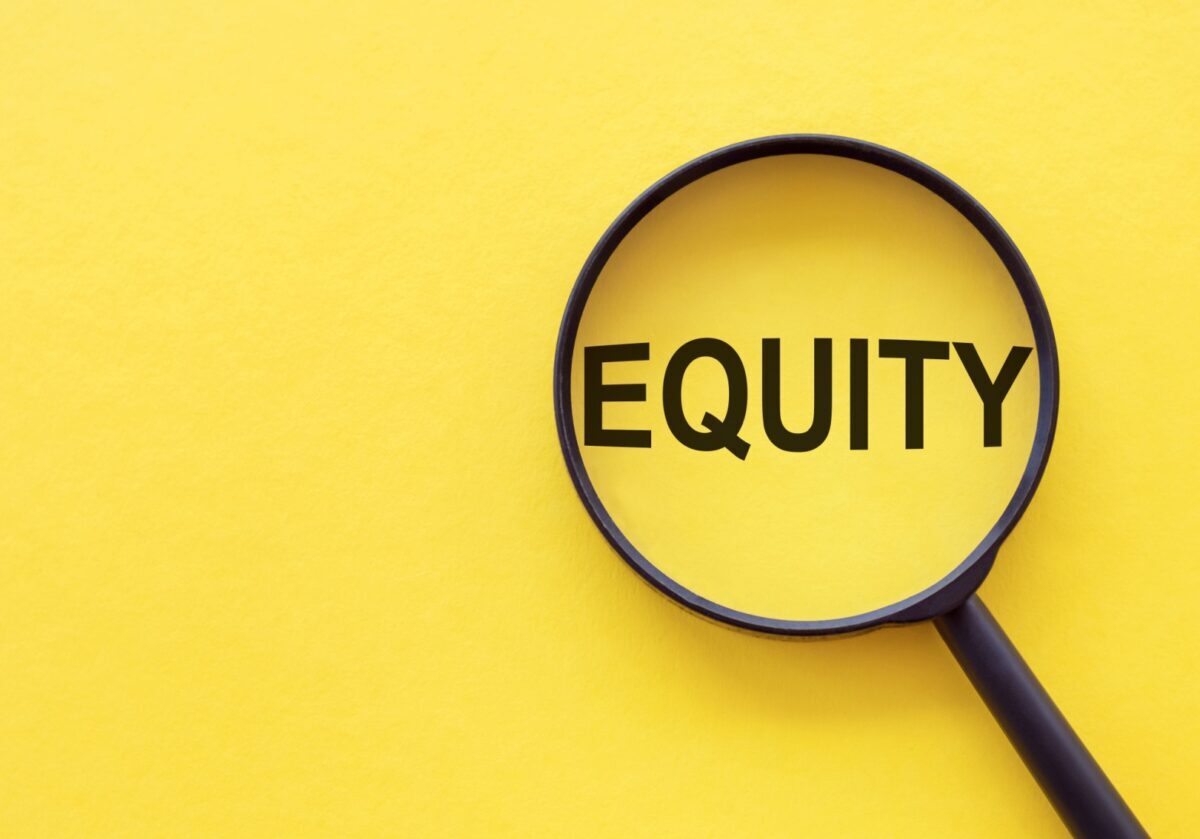At the heart of ICF’s credentialing philosophy is a simple but powerful principle: Every qualified candidate deserves a fair and equal opportunity to demonstrate their competence as a coach. This is about more than just logistics or process. It’s about integrity — of our certifications, of our standards, and most importantly, of our commitment to fairness and impartiality in credentialing.
In 2023 and 2024, we put that principle to the test through a comprehensive equity assessment of our credentialing programs. The goal wasn’t just to audit what we were doing, but to also understand how well our systems work for the full range of coaches and candidates we serve globally.
By peeling back the layers and examining our credentials through this lens, our goal was to ensure our programs are as valid, reliable, fair, and accessible as possible, while maintaining the quality and integrity that coaches expect and the important mark of excellence that coaching clients deserve.
This is what we learned, how we’ve changed, and where we’re still working — because responsible credentialing isn’t just about assessing candidates. It’s about continuously evaluating ourselves, as well.
Why We Did It
Every year, thousands of coaches across the globe apply for and earn an ICF credential. But the impact of ICF credentialing reaches even farther.
For coaches, earning a credential often symbolizes an important professional milestone in their career journey. For coaching clients, the ICF credential serves as assurance of quality, indicating they are making a wise and safe investment of both their time and financial resources when working with a credentialed coach.
These are profound responsibilities that we take seriously.
To uphold the credibility of ICF credentialing — and the trust that credential-holders and clients place in it — we are constantly working to ensure our processes are both rigorous and fair.
This requires a dynamic process. As the coaching profession grows and globalizes, equity challenges evolve. So, we asked:
- Are we living up to our values in practice?
- Are there unintentional barriers for some candidates that we can address?
- Where can we expand accessibility while maintaining the integrity of our processes?
To answer these questions honestly, we partnered with the ICF Diversity, Equity, Inclusion, and Belonging (DEIB) team and an external DEIB research consultant. We grounded our study in feedback from ICF stakeholders — candidates, credential-holders, assessors, and member resource groups. Their voices helped us see more clearly.
What We Learned from the Equity Assessment
The assessment surfaced both strengths to build on and gaps we needed to address. It reinforced our foundation while also revealing where there were opportunities for improvements. Some of the most significant insights included:
1. Representation and Language Access
We found a need to expand representation among performance evaluation assessors — particularly in underrepresented regions like Asia — to better reflect and support the language needs of our growing global candidate pool.
2. Training
While impartiality is core to our performance evaluation standards, we recognized an opportunity to deepen cultural competency and accessibility training among assessors. Fairness isn’t just about consistency; it’s about contextual understanding and awareness of nuance.
3. Exam Accessibility
Accessibility in our written exams emerged as a critical area for improvement. Candidates with disabilities and those in need of reasonable adjustments identified specific needs:
- More preparation materials.
- Extended breaks during exams.
- A wider range of accommodations with less burdensome documentation requirements.
- Expanded compatibility of written exams with screen reading technologies.
These weren’t just suggestions; they were clear examples of unintended barriers that have a real impact on a candidate’s access to our exams.
What Changed for Credentialing
Learning without action isn’t enough. In response to our findings, we have already taken significant steps forward. Some of the changes underway include:
- Cultural Competency & Accessibility Training: Expanded training in cultural competency and accessibility for assessors to better support fair evaluations.
- Global Representation: Recruiting and onboarding new assessors from underrepresented regions and languages.
- Improved Exam Experience:
- All ICF exams now include 10-minute scheduled breaks.
- Pilot testing new exam accessibility features including color/contrast settings, strikeout, and highlighting tools.
- New exam forms compatible with a variety of screen-reading technologies.
- Publication of exam tutorials and other resources to support candidates in preparing for their exam appointment.
- Expanded Disability Accommodations:
- A broader range of accommodation options for candidates with documented disabilities.
- Acceptance of new forms of supporting documentation that are available often at low or no cost.
- Engagement of accessibility and exam accommodation experts to help us evolve these practices responsibly and effectively.
Each of these steps brings us closer to a credentialing process that embodies the principles of fairness and impartiality.
What We’re Still Working On
This work is not a one-time initiative — it’s an ongoing commitment.
We’re still refining:
- How we assess competence at scale, across diverse linguistic, regional, and cultural contexts.
- How we listen, ensuring regular feedback loops with candidates and stakeholders.
- How we build accountability, embedding fairness, impartiality, and accessibility into the core of credential development and review cycles.
Why It Matters
Credentialing is about trust. It’s about creating systems that measure knowledge, skill, and professional competence with precision and accuracy — and without bias, and unnecessary barriers.
This process reminded us that good intentions must be matched with intentional systems.
We’re sharing this work not because we have all the answers, but because we believe in doing this work and with our community. It’s a work in progress that will continue to evolve as our profession and our credentialing programs evolve. Let’s continue to evolve together.
Certification is about validating knowledge and competency. Our responsibility is to ensure every qualified candidate has a fair shot at demonstrating both. And we’re committed to getting it right.
Disclaimer
The views and opinions expressed in guest posts featured on this blog are those of the author and do not necessarily reflect the opinions and views of the International Coach Federation (ICF). The publication of a guest post on the ICF Blog does not equate to an ICF endorsement or guarantee of the products or services provided by the author.
Additionally, for the purpose of full disclosure and as a disclaimer of liability, this content was possibly generated using the assistance of an AI program. Its contents, either in whole or in part, have been reviewed and revised by a human. Nevertheless, the reader/user is responsible for verifying the information presented and should not rely upon this article or post as providing any specific professional advice or counsel. Its contents are provided “as is,” and ICF makes no representations or warranties as to its accuracy or completeness and to the fullest extent permitted by applicable law specifically disclaims any and all liability for any damages or injuries resulting from use of or reliance thereupon.
Authors
Post Type
Blog
Audience Type
Coach Educators, Experienced Coaches, External Coaches, ICF Assessors, Mentor Coaches, New Coaches, Professional Coaches
Topic
Advance Your Coaching Career, Credentialing and Certification, Discover - Your Coaching Career
Related Posts
The Power of Active Listening in Meaningful Coaching: Why Active Listening is the Most Essential Coaching Competency
Of all the foundational coaching competencies identified by the International Coaching Federation…
Allyship in Action: Coaching as a Catalyst for Change
Allyship is often framed as a value or an intention. In practice,…
Grace Under Fire: Building Stress Resilience for Coaches and High Achievers
There’s a unique kind of pressure that lives at the intersection of…







